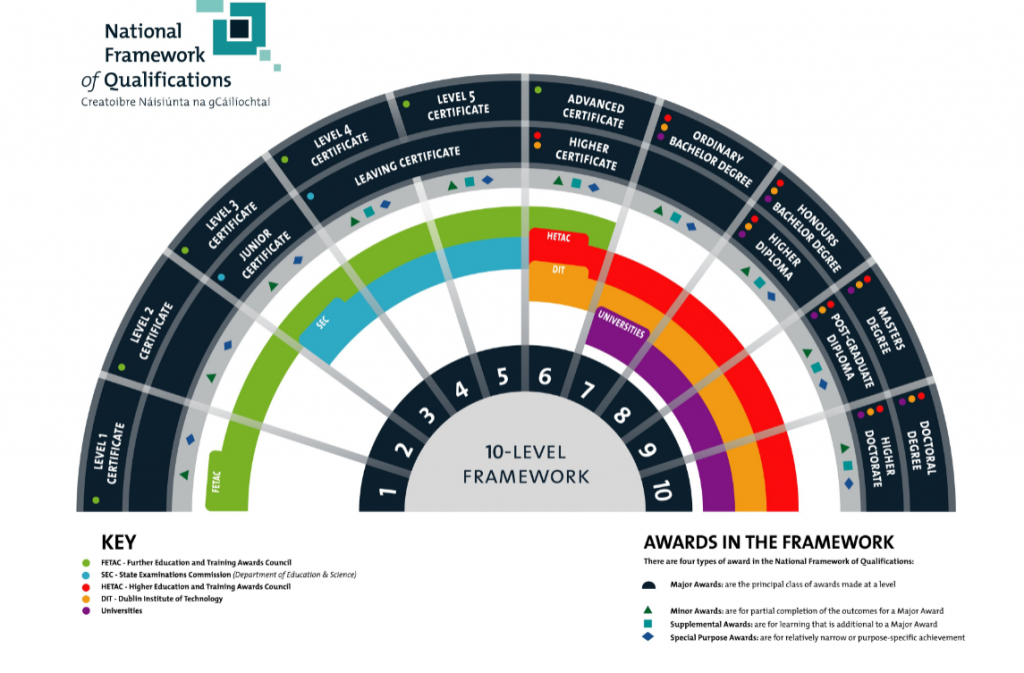I have been associated with the government quality assurance body of qualifications since the beginning of the idea. On this page I share with you some historical documents I had written in various contexts. Before the formation of the Maldives Accreditation Board, qualification standards were set by the Department of Public Examinations.There, I had moderated or written the question papers of Mathematics and Science examinations for the national Junior School Certificate examinations since 1985. In fact, for the final JSC examinations, I was the Chief Examination Coordinator and was responsible for the confidentiality and processing of examination results. At various times, I had been the Local Examiner (Physics) and Superintendent of London Advanced and Ordinary Level examinations. My last voluntary work for the Department involved the setting of Secondary School Dhivehi Paper. This was a special request made to me because there was evidence that the paper-setter had leaked the content of the set paper.
 The concept of Quality is a rather new idea in Dhivehi. The Dhivehi gloss (fenvaru) is an idiomatic usage of water depth equal to the draft of a boat— depth that is just sufficiently deep enough to be navigable; it literally means “water-level.” However, the usage in this context is no longer in vogue and the word has come to mean the degree of excellence. In Dhivehi, the term is not used in isolation without a qualifying adjective—either good, bad, etc. In other words, fenvaru does not mean superiority or excellence in kind. I have once suggested to use ranvaru to mean excellence or high standard; this word means gold-level or gold-standard.
The concept of Quality is a rather new idea in Dhivehi. The Dhivehi gloss (fenvaru) is an idiomatic usage of water depth equal to the draft of a boat— depth that is just sufficiently deep enough to be navigable; it literally means “water-level.” However, the usage in this context is no longer in vogue and the word has come to mean the degree of excellence. In Dhivehi, the term is not used in isolation without a qualifying adjective—either good, bad, etc. In other words, fenvaru does not mean superiority or excellence in kind. I have once suggested to use ranvaru to mean excellence or high standard; this word means gold-level or gold-standard.
In the Maldives, quality in education and certification has a long history in spite of the novelty of the term. In fact, there are Acts of Parliament going back to the 1930s referring to the fitness for practice and licensing of different practitioners (See Kureege Qanoonthah (2008) published by Novelty Printers and Publishers.)
Here I share with you some documentation I have written on quality assurance.
In the UNESCO Conference on Education for the 21st century in the Asia-Pacific in Melbourne in 1998, I had the good fortune of obtaining a copy of Victoria’s Qualifications Framework when a Victorian Government official approached the Minister to seek informaton about obtaining a consultancy. I started developing one for the Maldives immediately upon return. In fact, when the first batch of Secondary Education Teachers were about to graduate from the Institute for Teacher Education, I suggested naming the certificate Advanced National Diploma of Secondary Teaching. ND Hameed, then the Deputy Minister, objected to the “Advanced” but agreed to National. National was proposed because in UK the National Diplomas were quality assured. The Minister was of the opinion that in the Maldives, all Diplomas can be controlled and quality certified. However, if those certificates were taken today to MQA, those certificates will be accredited at Advanced Diploma level vindicating the original suggestion. In order to rationalize certificate titles and structures, names, here is the paper I wrote for MCHE. A comparison with MAB’s one will show that the latter is a derivative. MAB was established four years later. MCHE received a number of consultants on qualifications but I was later to understand that qualification structures and design principles are not common knowledge among professors. It is a discipline by itself.
A short write-up on Total Quality Management is here dated 2004.
Here is a paper I wrote and presented on the The Quality Movement in the Maldives in 2006 for an ISO 9001:2000 Workshop in Malaysia. I have had a training to implement the ISO 9001 QMS in a workplace to the extent of writing all documentation and internal/external audits.
When Mr Ahmed Anwar who was a Director General at the Ministry of Higher Education, Employment and Labour placed in charge of MAB asked me to write a history of MAB, I wrote and designed this newsletter in 2007 for him. I had been so involved with MAB from the very beginning that this newsletter takes the form of an interview with me. This way, I will take the responsibility for everything said, right or wrong. The other advantage is that it allows would be researchers to identify sources of information. However, Mr Anwar (now Dr) did not cause the newsletter to be published, perhaps, because of the prominence it may give some people.
This is a comparison of British frameworks to convince the authorities about the merits of ten steps. The comparison, from 2007, is interesting and underscores the importance of international rationalization.
 The Irish authority has a very interesting representation of their qualifications framework. Here is a CorelDraw file in which I have redrawn the graphic which can be edited to show a lot more than what I have. From a graphics point of view, it is very illustrative. It can include entry criteria, alternative names for qualifications, length of programs and many other useful information. I have not fully developed the graphic as the users may have different purposes. Note that the thick red and green segments were drawn using semicircles and trimming them as needed.
The Irish authority has a very interesting representation of their qualifications framework. Here is a CorelDraw file in which I have redrawn the graphic which can be edited to show a lot more than what I have. From a graphics point of view, it is very illustrative. It can include entry criteria, alternative names for qualifications, length of programs and many other useful information. I have not fully developed the graphic as the users may have different purposes. Note that the thick red and green segments were drawn using semicircles and trimming them as needed.
